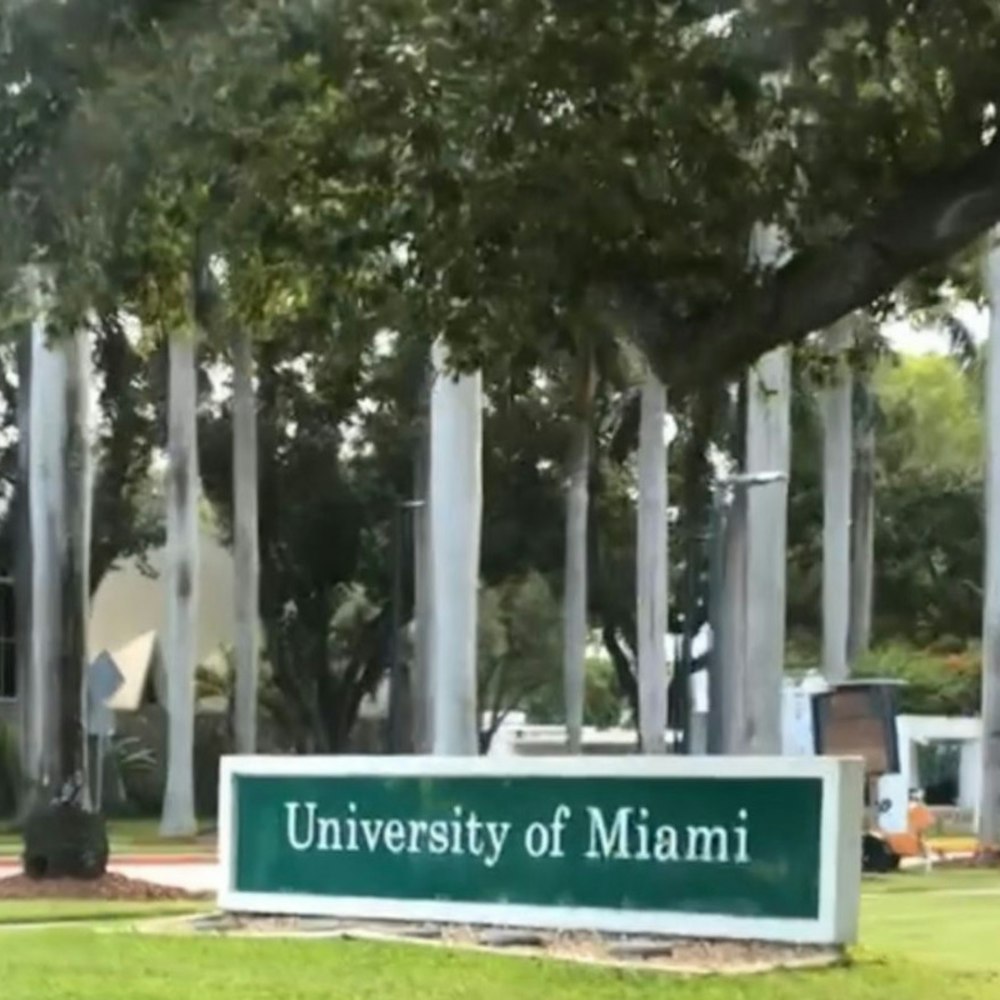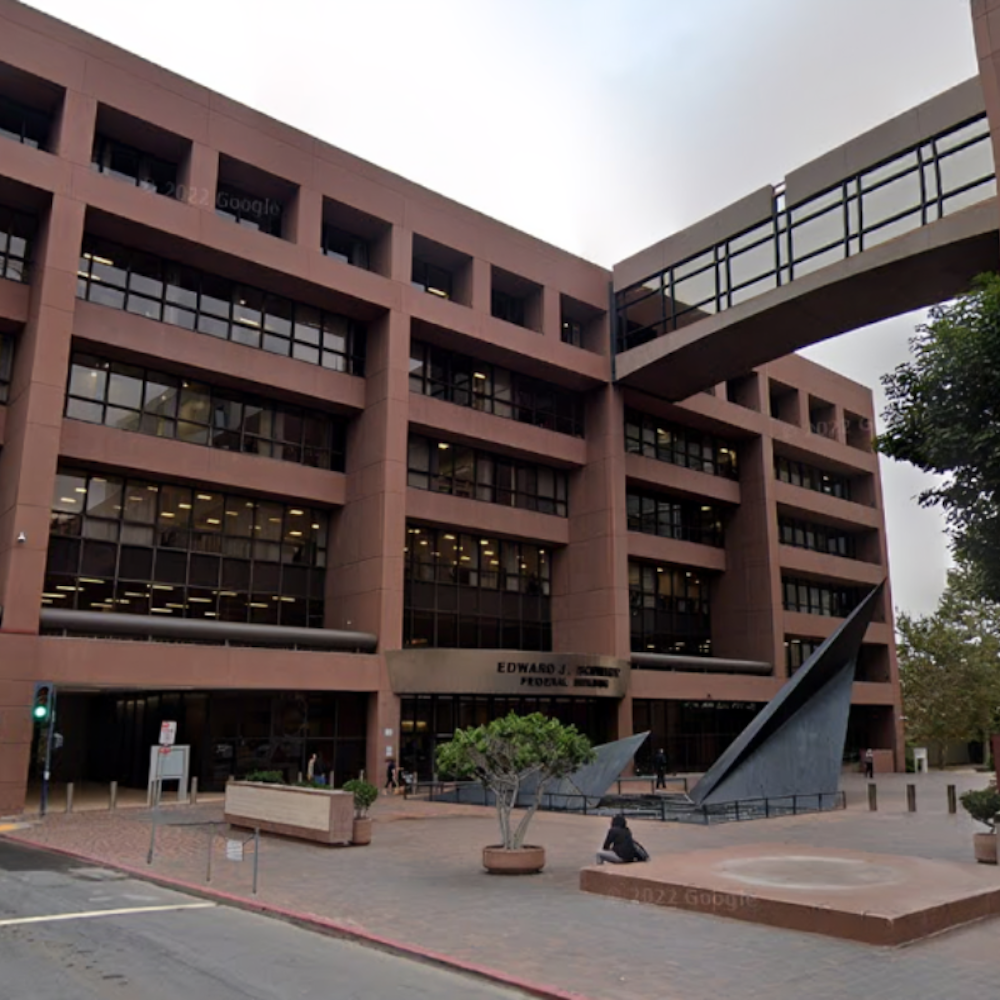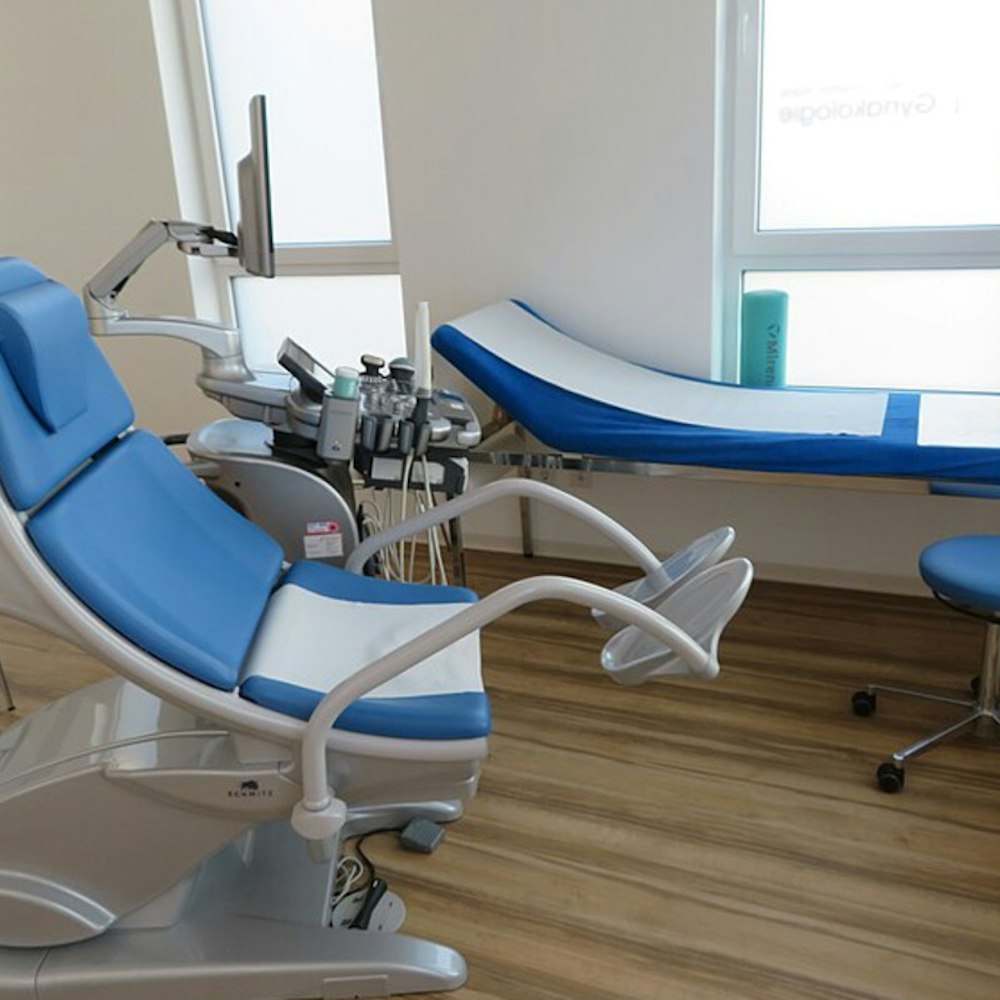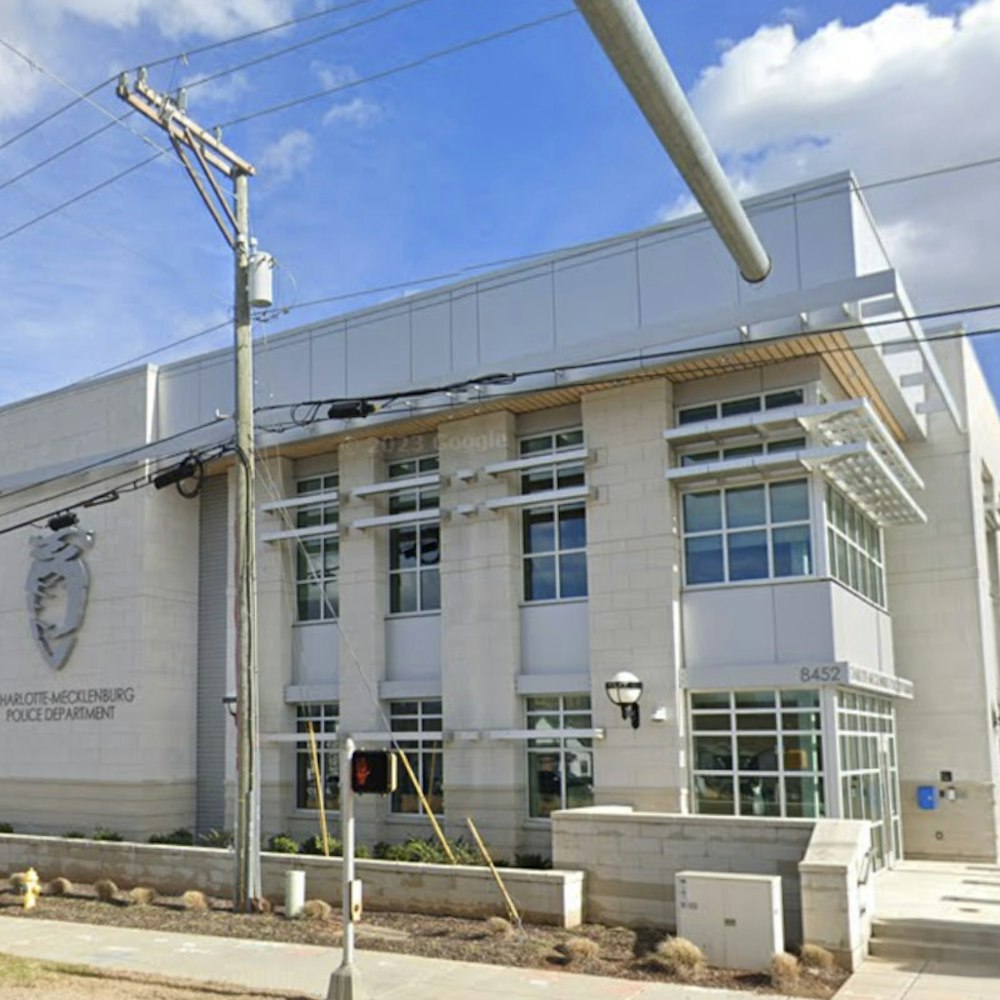
In a move that has been brewing since Coca-Cola vacated the premises in 2007, Atlanta's original World of Coca-Cola museum is now succumbing to the wrecking ball. The demolition of this once-popular attraction is not just an act of erasure but a pragmatic shuffle in urban planning, making room for something Atlanta seemingly can't get enough of: parking. Crews were reported continuing their work as of Friday, with the site near the state capitol to be transformed into an expansion of the government's vehicular real estate.
The three-story building, which first opened doors in 1990 as a fizzy hub of Coca-Cola memorabilia and marketing triumph, has been sitting empty, a hollow remnant of bygone touristic buzz. Ironically, after being sold to the state by Coca-Cola in 2005 for a crisp $1 million, it was identified for devastation because the nearby Georgia Capitol complex's existing parking was slated for usurpation by a new legislative office building, according to a statement by Gerald Pilgrim, deputy executive director of the Georgia Building Authority, as reported by FOX 5 Atlanta. Pilgrim characterized the need for replacement parking as stemming from "limited space around Capitol Hill," a necessity exacerbated by adjacent construction activities.
Atlanta's thirst for tourist dollars now quenches itself at a newer, more expansive World of Coca-Cola located in Centennial Olympic Park, which has taken up the baton as the center of attraction, surrounded by the likes of the Georgia Aquarium, the College Football Hall of Fame, and the National Center for Civil and Human Rights. The older building's legacy, having once been Atlanta's premier indoor draw, has now fizzled out into the mundane fate of accommodating cars.
The march of progress—or at least the Georgia Building Authority's version of it—is set to cost the taxpayer just under $1.3 million in demolition expenses, so that state legislators can make their impending commute a bit more convenient. This is part of a whopping $392 million spend, as reported by AP News, which includes construction of the new eight-story legislative office and renovations to the 1889 Capitol building, activities projected to wrap up by the end of 2026. With little dissent, lawmakers have made their priorities clear; parking trumps preservation.
-1.webp?w=1000&h=1000&fit=crop&crop:edges)








